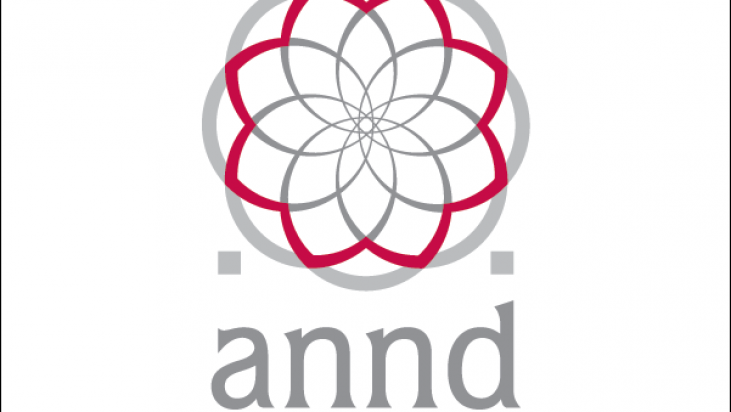The Arab NGO Network for Development (ANND) and Christian Aid are organizing a regional workshop entitled “Tax Justice in the Arab Region”
This workshop is part of the project on Tax Justice in the Arab Region that the Arab NGO Network for Development (ANND) is conducting in joint partnership with Christian Aid and that is funded by the Ford Foundation. The project aims to produce knowledge and increase awareness on the issue due to the importance of tax policies in achieving development and social justice while this has been ignored in many decisions. This workshop is hosted by the Jordanian Women’s League and the Phoenix Center who is one of our four national partners for this project.
Concept Note
Fair and transparent social and economic policies, in particular tax policies and regulations, constitute an important foundation for the achievement of justice and development. Therefore, it is essential to take into consideration the economic and social rights and the development goals, including the gender rights, when planning tax policies. However, the numbers and facts imply that tax policies in the Arab region are poor in terms of respecting human rights and the social conditions of the citizens. In Lebanon for instance, women working in the informal sector represent almost 57% of the total female labor force, as well as the female participation in the labor market ranges between 23% and 27% compared to the male participation estimated at 73% as most of women are engaged in unpaid work at their homes, which is one of the many reasons why women are more affected than men by the absence of tax justice. In Jordan for instance, the rates of the tax burden are too high and reach approximately 25% of the gross domestic product (GDP); in this frame, the tax evasion rates are still too high and the tax proceeds do not exceed 4% of the gross domestic product (GDP). The main problem, though, lies at the lack of awareness and knowledge of the implications of tax policies on our daily life in the region implying the urge to create a suitable space and environment for dialogue on tax options and their impacts on the society and the economy and particularly on gender equality as it seems to be ignored or neglected by our Arab societies.
This workshop is part of the project on Tax Justice in the Arab Region that the Arab NGO Network for Development (ANND) is conducting in joint partnership with Christian Aid and that is funded by the Ford Foundation. The project aims to promote knowledge and increase awareness on the subject as it has been largely ignored by the researchers and activists in their work for a very long time. This workshop is hosted by the Jordanian Women’s League and the Phenix Center who is one of our four national partners for this project. It is looking to achieve the following actions:
- To launch and discuss the final regional report on the gender analysis of tax justice in the Arab world and the related national cases studies, noting that it would be the first reference of its kind on this topic in our region.
- To deliberate the four national reports prepared within the framework of the tax policies project as a first step towards preparing for the final regional report and to assist in the development of the capacity to address the decision makers by providing real, effective and evidence-based political recommendations;
- To launch the first regional coalition on tax justice in the region after agreeing on its structure, role, functions, goals and the division of roles among its members based on the background paper sent prior to the workshop;
- To agree on a strategy of actions, activities and reactions such as identifying priorities, partners with whom the cooperation will take place, working groups, etc. This should facilitate the future cooperation with the interested entities from the civil society organizations and the research centers and support and lobby for social justice, which could be achieved through establishing national coalitions working on the issue, raising awareness and conducting capacity building/ training workshops in addition to activating the role of the emerging regional alliance, etc.
- To hold a meeting to follow up on the progress of the project works and to agree on a determined timeline.
For more information please contact Mrs. Hanan Younis, of the ANND Secretariat Office, Beirut- Lebanon
